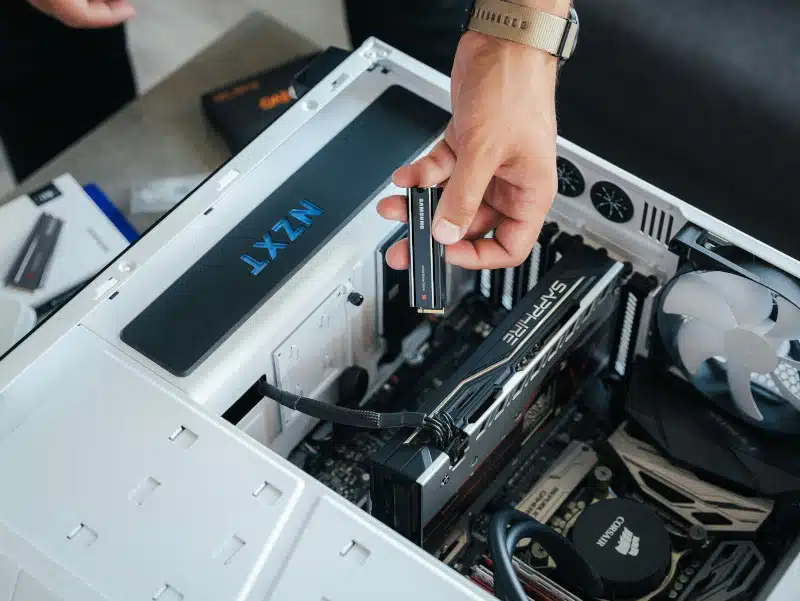What makes a computer run faster is a question many users ask when their system feels sluggish. Computer speed depends on a combination of hardware, software, and maintenance. A fast system ensures quicker load times, smoother multitasking, and an overall better experience. While new computers generally have faster parts, older systems can still improve significantly with the right upgrades and optimizations.
To understand performance, it helps to know which components matter most. The processor, storage drive, memory, and graphics card all play critical roles. However, these parts must work in harmony. A powerful processor can still experience limitations from slow storage or insufficient RAM. Gamers achieve better results by focusing on balanced upgrades rather than just one component.
Beyond hardware, software also influences performance. Operating system efficiency, driver updates, and app management can either speed up or slow down your system. Even browsing habits matter. Running too many tabs at once can strain both memory and CPU. Additionally, background programs quietly consume resources, making your computer work harder than it needs to.
Maintenance is another key factor. Dust buildup can cause overheating, which forces components to slow down to avoid damage. Regular cleaning, both physically and digitally, helps keep everything running smoothly. Updating your operating system ensures security patches and performance improvements are in place. When you combine wise hardware choices, efficient software settings, and regular maintenance, your computer will perform at its best.
Hardware and Software Factors That Boost Speed
One of the most important factors that influence what makes a computer run faster is the processor. A modern CPU with multiple cores can handle more tasks simultaneously, improving overall responsiveness. If your processor is outdated, upgrading can provide a noticeable speed increase, especially for demanding applications like video editing or gaming.
Storage also makes a huge difference. Switching from a traditional hard drive to a solid-state drive (SSD) can cut boot times dramatically. Applications load faster, file transfers complete sooner, and system updates process more quickly. For multitaskers, RAM upgrades are equally valuable. More memory allows multiple applications to run without slowing the system.
However, better hardware alone will not guarantee lasting speed. Software optimization is just as essential. Turning off unnecessary startup programs prevents slow boot times. Uninstalling unused software and cleaning temporary files frees valuable space and resources. Running regular malware scans helps ensure no hidden processes are draining performance.
System cooling is another often-overlooked factor. Overheating causes the CPU and GPU to throttle performance to avoid damage. Installing better fans or upgrading your CPU cooler can help maintain speed during demanding tasks. Keeping drivers and the operating system updated also ensures compatibility with the latest software improvements.
In short, achieving a faster computer requires a balanced approach. Combining hardware upgrades with smart software habits ensures consistent speed and reliability. Whether you want better gaming performance, faster work productivity, or smoother video playback, addressing both areas will make a difference.
Need Professional Help to Speed Up Your Computer?
If your computer still runs slowly after these improvements, expert help may be the answer. Malware removal, hardware, and cooling upgrades can restore performance. At PCMechanic Computer Repair in Davenport, FL, I provide fast, reliable services to keep your computer running at peak speed. Contact me today for professional assistance.
Image Credit: Photo by Samsung Memory on Unsplash


